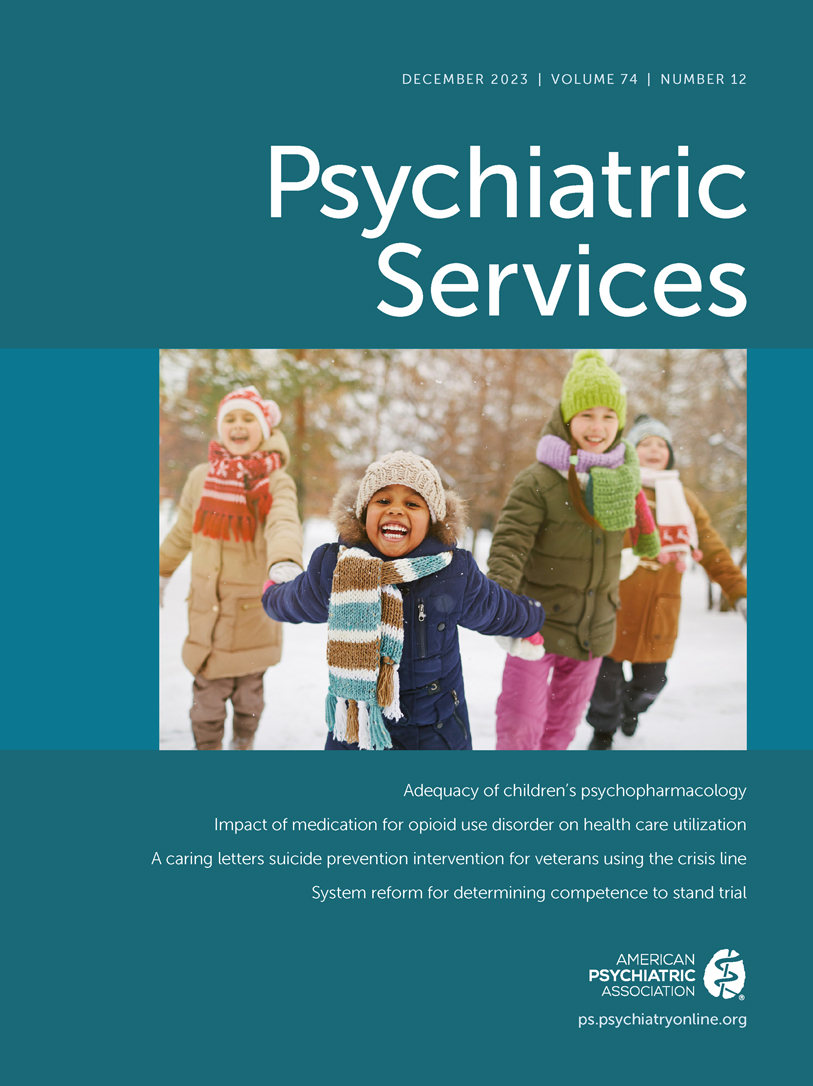Trauma and Trauma-Informed Care in Early Intervention in Psychosis: State of Implementation and Provider Views on Challenges
Abstract
Objective:
Although trauma is increasingly recognized as a major risk factor for psychosis and for its link to treatment outcomes, the landscape of trauma-related practices in specialized early psychosis services in the United States and other countries remains only poorly characterized. Research documenting the perspectives of frontline providers is also lacking. The primary goals of this study were to document the state of trauma-related policy implementation in early intervention in psychosis (EIP) programs and to gather provider perspectives.
Methods:
This was a mixed-methods project involving an international EIP provider survey, followed by in-depth provider interviews. The survey was disseminated in Australia, Canada, Chile, the United Kingdom, and the United States. In total, 164 providers, representing 110 unique sites, completed the survey. Frequencies were calculated for responses to survey items, and open-ended responses were analyzed with a systematic content analysis.
Results:
The survey findings suggested low implementation rates for a variety of assessment and support practices related to trauma and trauma-informed care. Coding of open-ended responses revealed numerous concerns and uncertainties among providers regarding the relationship between trauma and psychosis and the state of the EIP field.
Conclusions:
An expansion of research and service development aimed at better meeting the trauma-related needs of young people with psychosis is essential, with implications for EIP outcomes and service user and staff experiences.
Access content
To read the fulltext, please use one of the options below to sign in or purchase access.- Personal login
- Institutional Login
- Sign in via OpenAthens
- Register for access
-
Please login/register if you wish to pair your device and check access availability.
Not a subscriber?
PsychiatryOnline subscription options offer access to the DSM-5 library, books, journals, CME, and patient resources. This all-in-one virtual library provides psychiatrists and mental health professionals with key resources for diagnosis, treatment, research, and professional development.
Need more help? PsychiatryOnline Customer Service may be reached by emailing [email protected] or by calling 800-368-5777 (in the U.S.) or 703-907-7322 (outside the U.S.).



